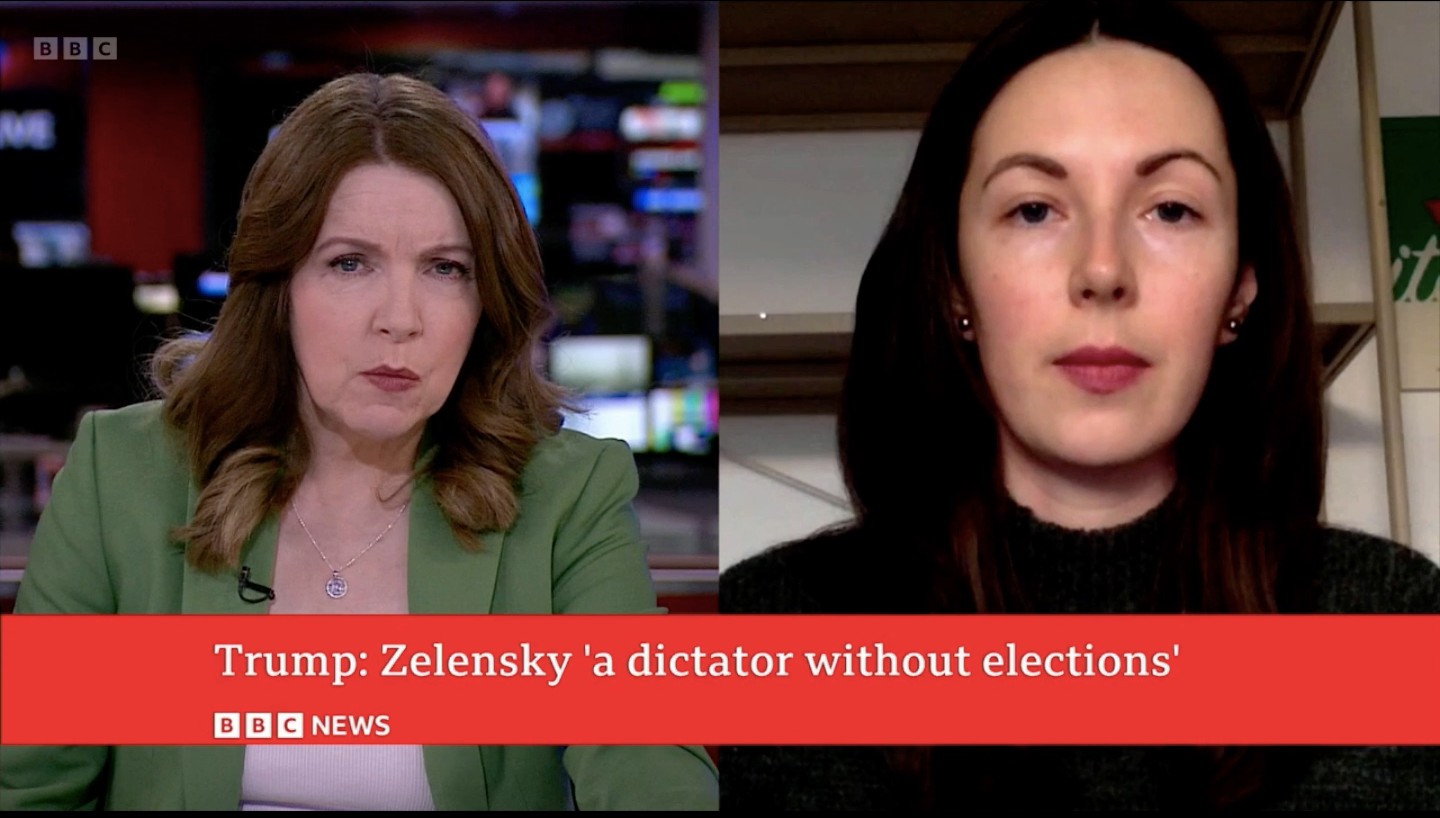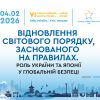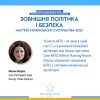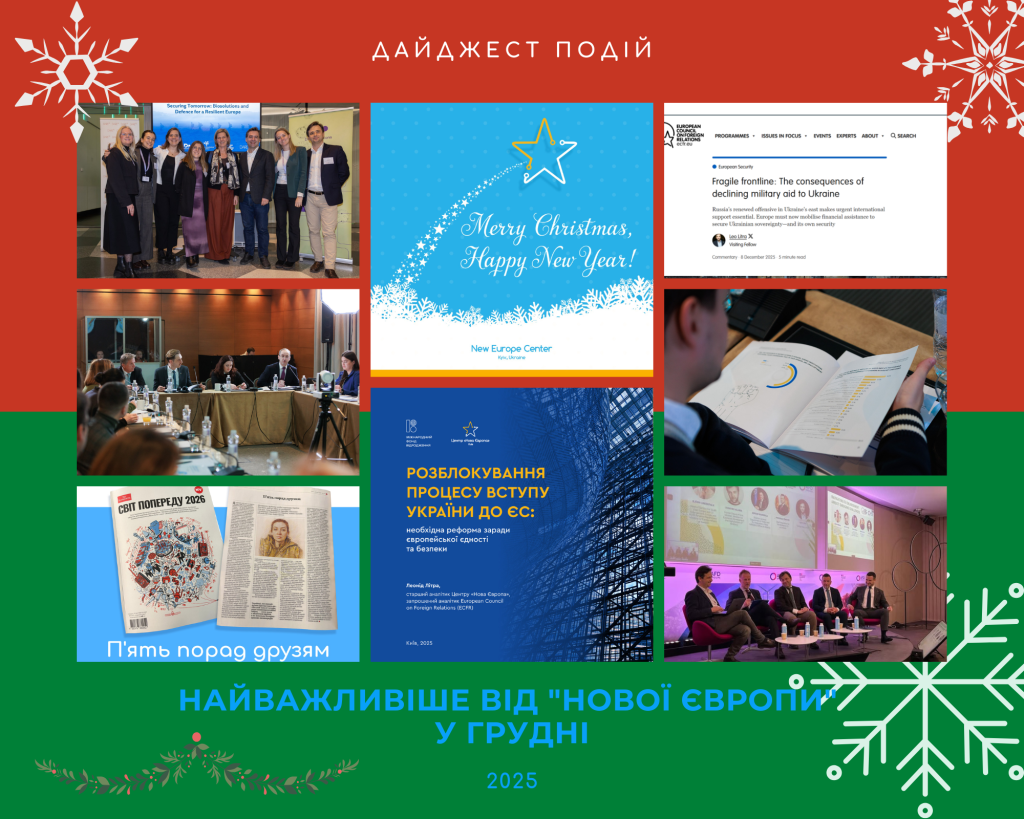
President Trump calls President Zelenskyy “a dictator”, while holding talks with internationally recognised war criminal Putin.
Marianna Fakhurdinova, Associated Fellow at New Europe Center, comments for BBC News on the apparent mismatch between Trump’s statements and what Keith Kellogg has been saying earlier on his arrival in Kyiv (that he was there to listen to Ukraine).
This mismatch shows the lack of a comprehensive and unified position in Trump’s administration on how to end the war. This may be alarming, but it also allows for some flexibility and can be seen as a window of opportunity for Ukraine to be heard.
One of Ukraine’s hopes for Kellogg’s visit is to be heard and to lay out the facts on:
- Negotiations. Ukraine is ready to negotiate, but Russia’s goals of subjugating Ukraine haven’t changed and it doesn’t seem to be eager to for peace talks (attacks on energy infrastructure, Chernobyl, etc.);
- Peace. Ukraine is willing to establish peace – but it should be fair and sustainable peace;
- Elections. President Zelenskyy’s rating in Ukraine is much higher (57%) than Trump assumes (4%). Holding elections in Ukraine at once is not possible and it will not represent a large part of society.
Kellogg’s visit to Ukraine is an opportunity to convey this message to President Trump.
At the same time, European partners should become more active by:
- Increase their defence spendings;
- Developing a unified negotiating strategy to be present at the table;
- Speak with one voice on sending peacekeepers to Ukraine.
The very fact that there is another meeting of the European states today is a sign that the Paris meeting was not as successful as we expected it to be.
Despite all of the wake-up calls at the MSC, the European partners failed to reach consensus even on sending peacekeepers to Ukraine.
The new meeting is a chance to reshape the debate and for the coalition of the willing to play a more active role.







